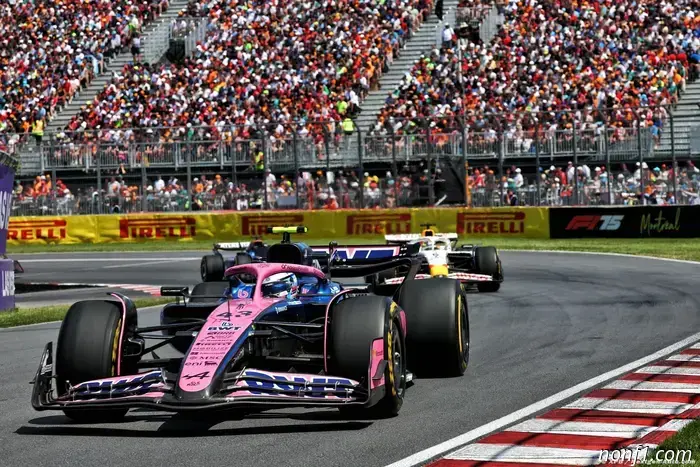
Alpine acknowledges that the Renault engine remains a vulnerability.
Alpine’s technical director has stated that Renault’s underpowered engine is hindering the team in its final season as a works operation in Formula 1. "When it comes to hybrid efficiency and peak combustion power, we are lagging behind our direct competitors," David Sanchez told Auto Motor und Sport, as Alpine currently sits at the bottom of the constructors’ standings with only 19 points.
Renault is expected to stop supplying engines after 2025, with Flavio Briatore securing a deal for Mercedes power units starting in 2026. This transition comes alongside a broader financial crisis at Renault, which coincided with the abrupt resignation of CEO Luca de Meo.
"It means we have to operate with reduced downforce on certain tracks," Sanchez explained, addressing the issues with the underpowered Renault engine. "This leads to increased tyre wear, which was particularly noticeable in Austria."
The team has planned only one significant car upgrade for 2025, which was implemented in Barcelona. "We had established a plan before the season began," Sanchez said. "It indicated that we would only introduce one major upgrade in Barcelona this year. We still have a few minor updates scheduled, but the focus now is on maximizing the current package and ensuring consistent performance."
Pierre Gasly achieved an unexpected P6 at a chaotic Silverstone but acknowledged that maintaining motivation is challenging. "The performance can be frustrating at times," he admitted. "However, the team is putting forth their best efforts. I’m trying to set a good example. It’s certainly not enjoyable to wonder if we’ll even score points by the season’s end."
Nevertheless, Gasly supports the development strategy: "We took a bold step and are now facing the consequences. But I encouraged the team to pursue this direction. I hope it will bear fruit next year. From what I observe at the factory, there are promising signs for the upcoming season."
Sanchez shared that optimistic outlook: "Considering the development of the car for next year, the learning curve is quite steep. That’s why we feel positive about our decision. Currently, our collaboration with Mercedes is going very smoothly. We have everything required to work on next year’s car."
Sanchez mentioned that Alpine’s aerodynamic department is at the forefront of the ongoing progress. "We’ve likely made the most significant advances in aerodynamics," he noted. "That’s my area of expertise, and I feel confident there."
With major rule changes looming for 2026, he added: "Next year’s car will have a drastically different character. Nonetheless, it remains a Formula 1 car, where downforce and balance are critical."
"The complexity comes from the integration with the energy management system. The interaction between aerodynamic efficiency, long straight mode, and energy management creates a intricate challenge that isn't easily addressed."

Other articles
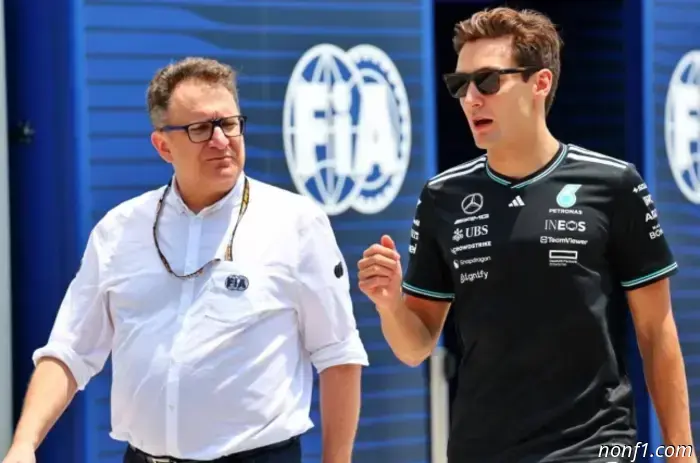 Tombasis: Adapting to change will take time.
The FIA Director of Single-Seater Racing commented on the drivers' initial impressions of the new-generation technology...
Tombasis: Adapting to change will take time.
The FIA Director of Single-Seater Racing commented on the drivers' initial impressions of the new-generation technology...
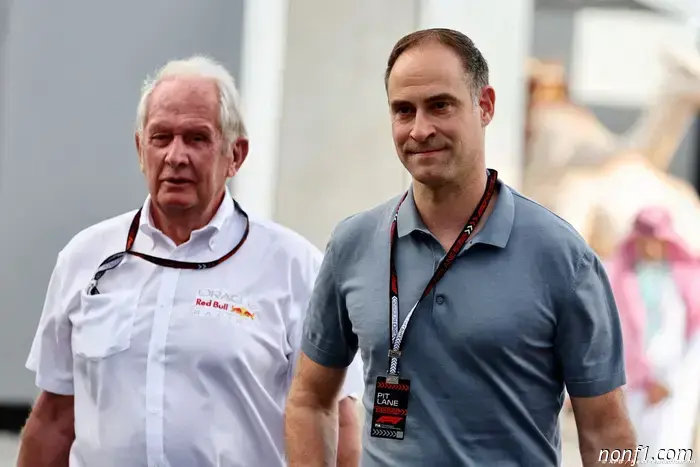 Marko unfazed by Max's Mercedes meeting.
Formula 1 | Dr. Helmut Marko appeared either unconcerned or evasive when questioned regarding the swirling rumors about Max Verstappen's future. Germany's Sport Bild reports (…)
Marko unfazed by Max's Mercedes meeting.
Formula 1 | Dr. Helmut Marko appeared either unconcerned or evasive when questioned regarding the swirling rumors about Max Verstappen's future. Germany's Sport Bild reports (…)
 Piastre: A Spa Stage – one of the most vibrant moments of the season
This weekend at Spa, Oscar Piastri and Lando Norris will continue their battle for the lead in the standings. The McLaren drivers said they really enjoy the Belgian track, and they are both looking forward to the upcoming race.
Piastre: A Spa Stage – one of the most vibrant moments of the season
This weekend at Spa, Oscar Piastri and Lando Norris will continue their battle for the lead in the standings. The McLaren drivers said they really enjoy the Belgian track, and they are both looking forward to the upcoming race.
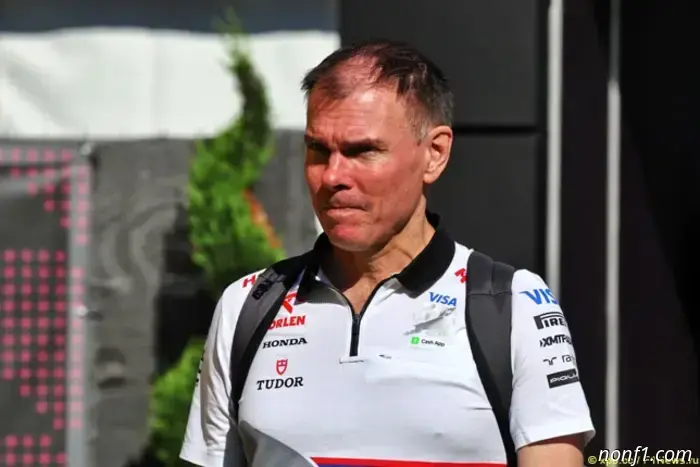 Alan Permain: I was shocked and proud of the appointment.
The upcoming Belgian Grand Prix will be Alan Permain's first event as the head of Racing Bulls. In a recent interview, the British specialist discussed the direction in which he plans to develop the Faenza-based team.
Alan Permain: I was shocked and proud of the appointment.
The upcoming Belgian Grand Prix will be Alan Permain's first event as the head of Racing Bulls. In a recent interview, the British specialist discussed the direction in which he plans to develop the Faenza-based team.
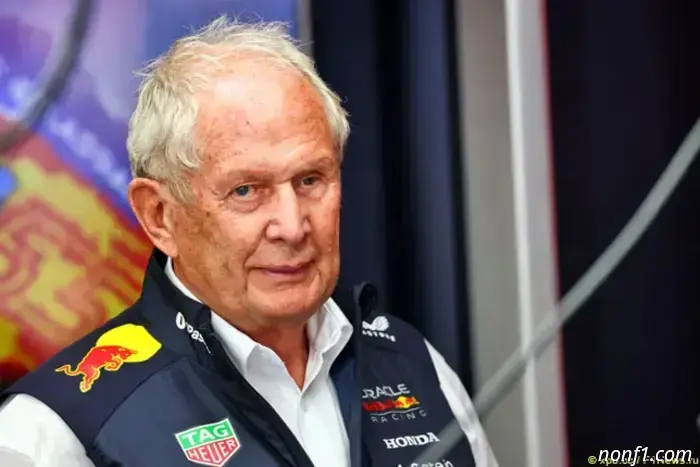 Marco advised Red Bull employees to smile more.
Interesting details about the atmosphere at the Red Bull Racing base in Milton Keynes were uncovered by the British tabloid The Sun.
Marco advised Red Bull employees to smile more.
Interesting details about the atmosphere at the Red Bull Racing base in Milton Keynes were uncovered by the British tabloid The Sun.
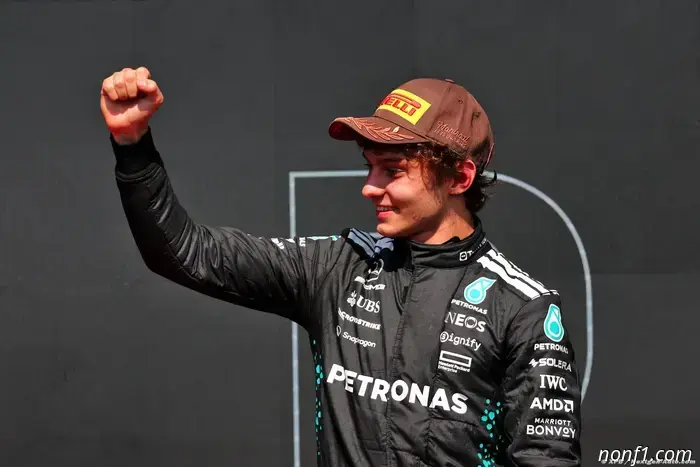 Antonelli felt 'disappointed' after achieving his first F1 podium.
Formula 1 | A speculated loan agreement with Alpine would represent a setback in Kimi Antonelli's aspirations. Reports suggest that Max Verstappen has had a meeting with Toto Wolff while (…)
Antonelli felt 'disappointed' after achieving his first F1 podium.
Formula 1 | A speculated loan agreement with Alpine would represent a setback in Kimi Antonelli's aspirations. Reports suggest that Max Verstappen has had a meeting with Toto Wolff while (…)
Alpine acknowledges that the Renault engine remains a vulnerability.
Formula 1 | The technical director of Alpine has stated that Renault's lack of engine power continues to hinder the team in its last season as a works operation in Formula (...)
